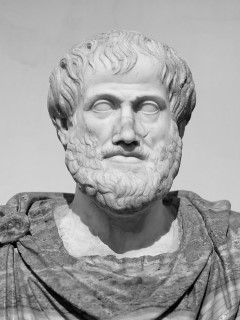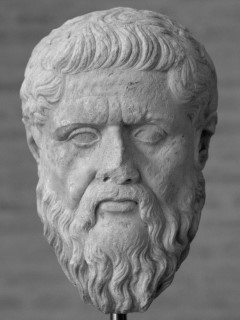
Publication details
Publisher: Springer
Place: Berlin
Year: 1992
Pages: 25-37
Series: Phaenomenologica
ISBN (Hardback): 9789048141890
Full citation:
, "Wandlungen der Tugendlehre bei Platon und Aristoteles", in: Eros and Eris, Berlin, Springer, 1992


Wandlungen der Tugendlehre bei Platon und Aristoteles
pp. 25-37
in: Paul Sars, Chris Bremmers, Koen Boey (eds), Eros and Eris, Berlin, Springer, 1992Abstract
In modern discussions about ethics the theory of virtue is neglected. The value of that theory for systematic philosophy can be demonstrated in the work of Plato and Aristotle. (I) The foundation of ethics in Plato's view is the theory of virtue. In his earlier dialogues virtue in general is, for Plato, knowledge. In the "Republic' Plato introduces, on the basis of a new psychology, an eidetic plurality of morality within his theory of real, different virtues. (II) In the late dialogue "Statesman' Plato changes this theory in part and shows a conflict between virtues, which demands new connections, and produces a new foundation of virtues with his theory of measure and mean. (III) Aristotle proceeds from this Platonic theory of measure and mean, and establishes his own theory of virtues, which is integrated into a different type of ethical system; that is, ethics principally understood as a theory of the highest good, as eudaimonia.
Cited authors
Publication details
Publisher: Springer
Place: Berlin
Year: 1992
Pages: 25-37
Series: Phaenomenologica
ISBN (Hardback): 9789048141890
Full citation:
, "Wandlungen der Tugendlehre bei Platon und Aristoteles", in: Eros and Eris, Berlin, Springer, 1992



